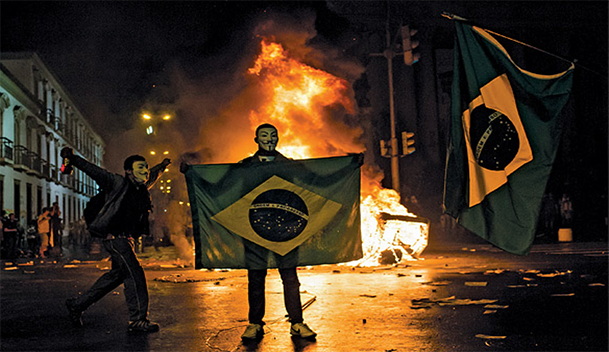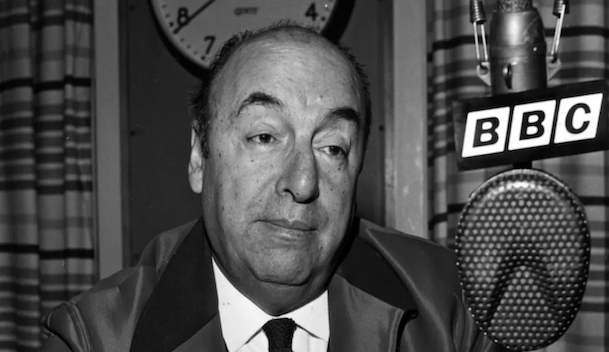Latin American Anti-Terrorism Laws Under Spotlight
Chileans Still Seek Justice, 40 Years After Pinochet’s Coup
11 Sep 2013The Homophobic Murder That Changed Chile
29 Oct 2013
The legacy of military rule in South America has left the citizens of many countries distrustful of seemingly authoritarian laws. Janet Tappin Coelho and Gideon Long look at counter-terrorism legislation in Brazil and Chile.
In late May 2013, Brazilian police arrested Hamzi Ahmad Barakat, a Lebanese businessman, in the southern Brazilian city of Curitiba, Paraná state. Barakat stood accused by United States intelligence agencies of having links to Lebanese militant group Hizbullah. A Brazilian government source subsequently told IHS Jane’s that politicians were alarmed by the accusation, which had been made so close to the opening of the football Confederations Cup in June.
To defuse the situation, the Brazilian government chose to downplay the incident, declining to publicly comment on the affair, particularly to the US media. Instead of the matter being handled by the Brazilian Intelligence Agency (Agência Brasileira de Inteligência: ABIN), it was left to the federal police to explain that Barakat was being charged with the lesser crimes of embezzlement, identity fraud, and swindling garment suppliers out of USD4.5 million. His case is still pending. Nevertheless, the arrest focused attention on a controversial gap in Brazil’s legal framework.




